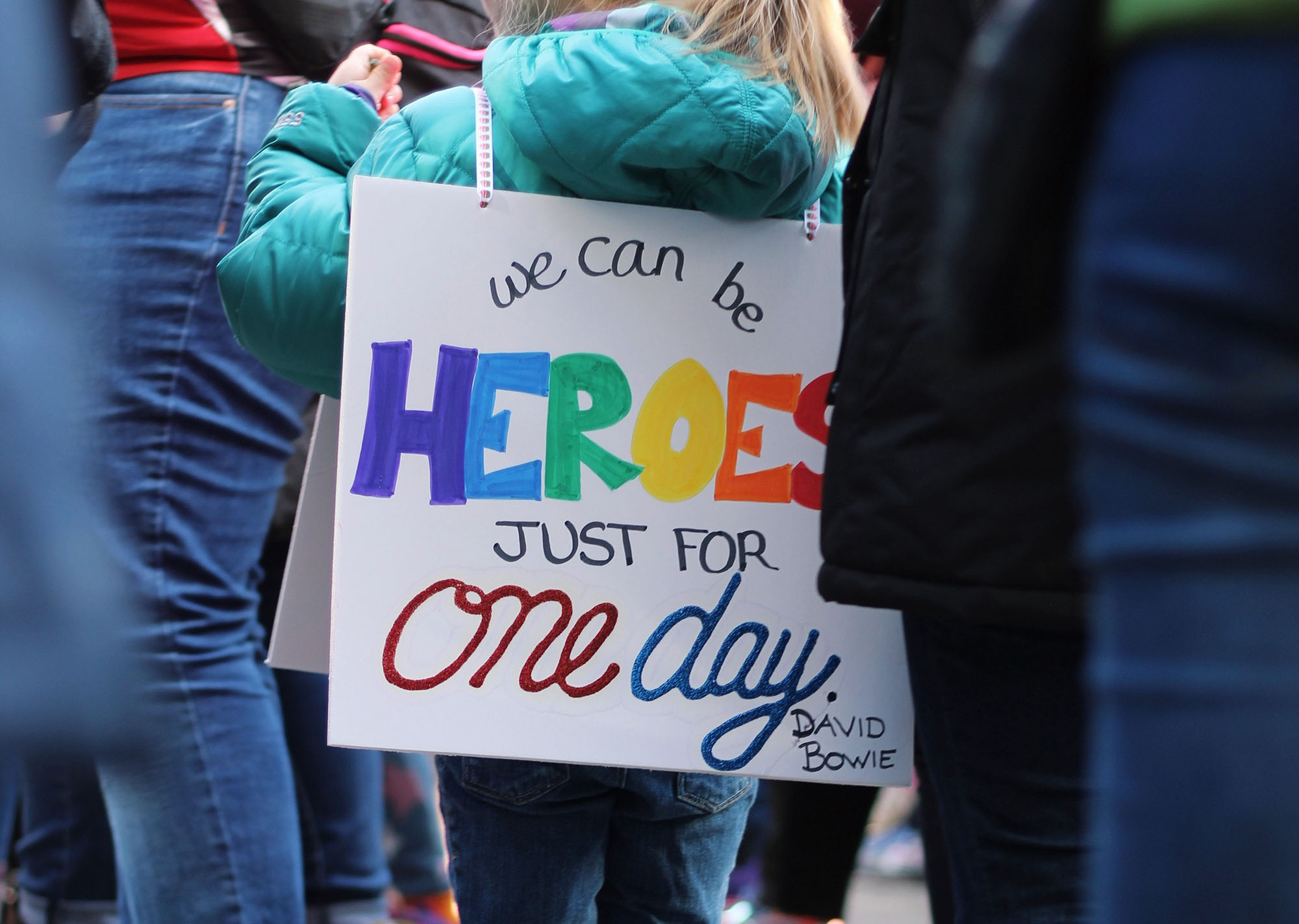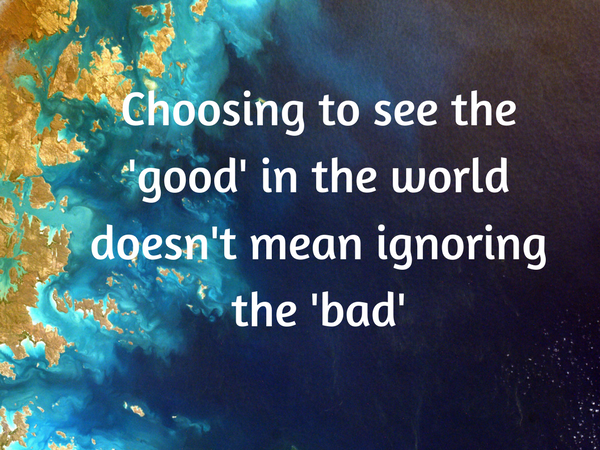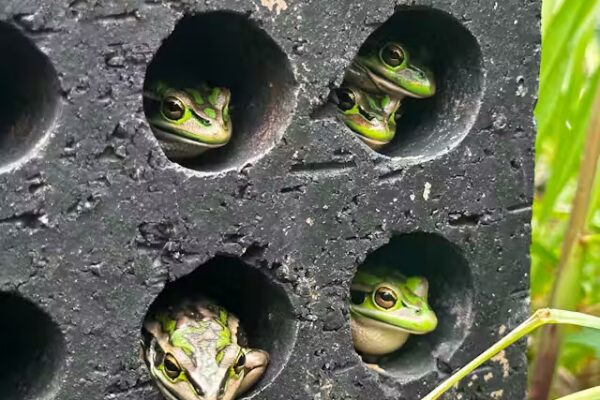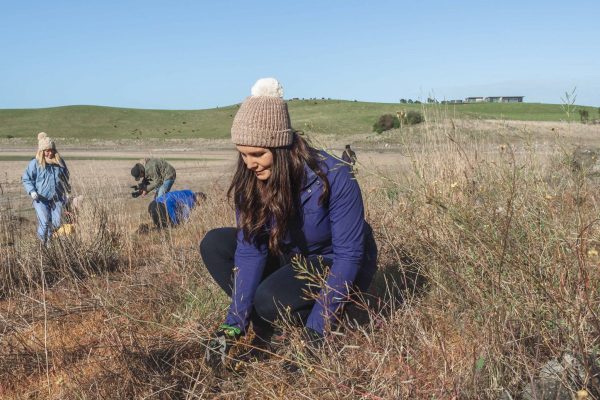Last month, amidst a storm of depressing climate change reports and shocking news stories, I (foolishly) Googled ‘are humans ruining the world.’
I was met with titles that deepened my downwards spiral:
“We are destroying our planet.”
“Humans are killing the planet and all its inhabitants.”
“Humans officially started ruining the planet in 1965.”
Reading these headlines, paired with my constant research on how to live ‘sustainably,’ I came to the conclusion that the best way to care for our planet, would be to sit in the middle of a field and stop breathing.

News stories are telling me that humans are the worst, my local supermarkets are filled to the brim with plastic packaging, waiters regularly throw straws in my drinks, and I’ve yet to find an eco-friendly option for all my needs- where do you find a plastic-free smoke alarm? It seemed like the world didn’t want me to exist.
Then, Google threw me a title that jumped out: “We Aren’t Destroying the Earth”.
Turns out, while news reporters have been covering bushfires, animal extinctions, and rising water temperatures, other humans have been doing some pretty awesome things to better our planet.
1. The establishment of marine reserves
Islands, countries, and coastal towns have started dedicating protected space in their oceans, to marine conservation.
Mexico constructed a marine park of approximately 57,900 square miles, the largest in North America, established to support and cultivate marine animals such as sharks, turtles, and whales. Other marine parks, taking up to 40% of the area’s ocean floor, can be found in Niue, Chile, and, of course, The Great Barrier Reef.
Not only are societies changing their sunscreens and habits to look after the ocean, but they’re nurturing the oceans too. That’s rad in my books.
2. Wildlife conservation successes
Yellow stone grizzly bears, the bald eagle, the lesser long-nosed bat, and many other species have been taken down from the Endangered Species List. Woohoo!
The return of the lesser long-nosed bat was due to decades of conservation work, including working with agave growers to harvest their crops (used to make tequila) in an eco-friendlier way.
Individuals are dedicating their lives to seeing other species thrive. I am beginning to question the idea that sitting a field and rotting is the most sustainable option.

3. 15 US States ignored Trump’s removal of the USA from the climate change agreement
One of the major down buzzes of 2017, was Trump pulling America out of the Paris Agreement on climate change.
This agreement was a commitment to combatting climate change and adapting to its effects. Rather than accepting the decision of Trump, a group of US governors, mayors, and religious leaders side-stepped the decision and publically announced: “We are still in!”
Trump may have his head in the sand when it comes to climate change and caring for our environment, but at least other leaders are standing up for our world.
4. We’re developing sustainable nuclear fusion… huh?
Nuclear fusion, a possibly limitless and clean source of energy, is close to becoming a sustainable method of energy for the globe.
Without diving into too much scientific detail, it only needs isotopes extracted from seawater to be created. A machine durable enough to contain the incredibly hot and powerful reaction of the atoms has yet to be built, but imagine if we could use seawater to replace our current finite power sources?!
5. The cardboard tent was invented
Worldwide, 1 in 4 people leave their tents behind on their campsite, because they’re too lazy, hungover, or tired to pack them up. Think of the waste! Kartent is just one incredible example of creative people using their noggins to solve our waste issues. They’ve created cardboard, waterproof tents that you can recycle after use. As random as it is, knowing that cardboard tents exist, makes me more hopeful.
Humans have screwed up. We’ve destroyed 83% of all wild animals and half of the plants, and we’re set to fill the ocean with more plastic than fish by 2050. We’ve made royal mistakes, but we also have the chance to fix them. Scientists predict that if we don’t do something drastic within the next 12 years, we won’t be able to right our wrongs.
Although Google scared me, rather than sit in a field and stop breathing, I’m going to do my best to be a better human. Are you with me?


